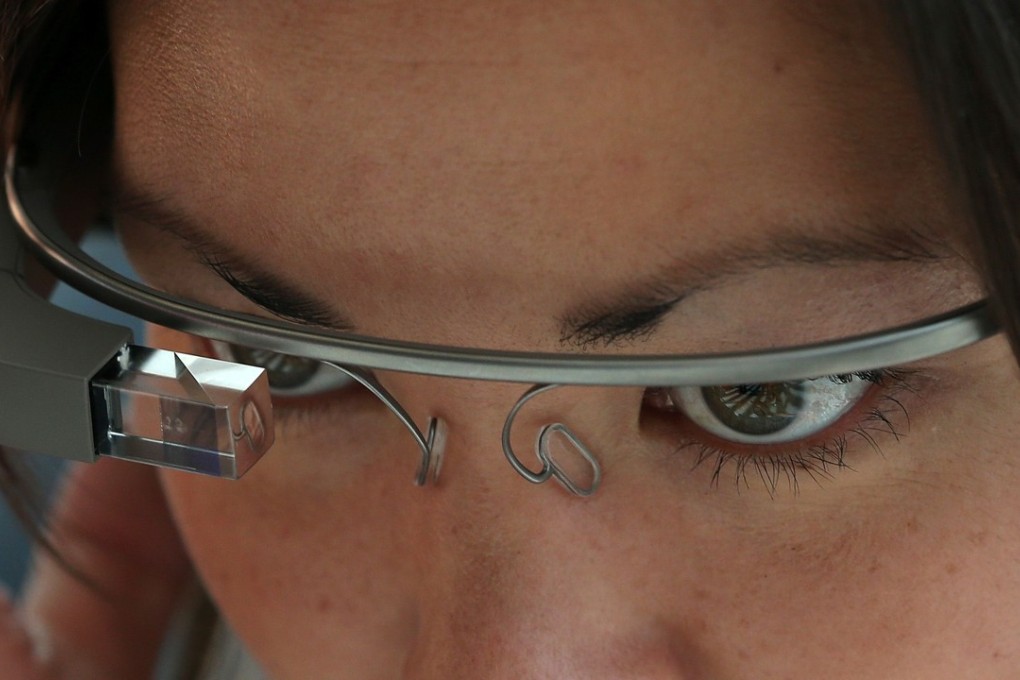The View | The links between global integration, technological advance, and economic performance in a liberal world order
China sees itself as still rising economically and a beneficiary of a liberal economic order, while America worries about economic decline and being a victim of the open global economic order it once championed

The emergence of outsiders Donald Trump and Bernie Sanders in last year’s US presidential election reflects the rise of right and left wing populist reaction to poor economic performance – both low productivity growth and high economic inequality.
Economic factors may not be the only reason for the rise of populism in the US and around the world, but it is certainly a major part of the explanation.
It is not without irony that the president of communist China is now championing a liberal world economic order and telling the president of capitalist America the benefits of free trade.
The irony is perhaps not surprising, since China sees itself as still rising economically and a beneficiary of a liberal economic order, while America worries about economic decline and being a victim of the open global economic order it once championed.
Since the 2008 financial market meltdown, it has been customary to blame global economic integration and free market capitalism for failed economic performance. This accusation has gained widespread popularity in the media and public policy debates. But is it justified?
Since the 2008 financial market meltdown, it has been customary to blame global economic integration and free market capitalism for failed economic performance. This accusation has gained widespread popularity in the media and public policy debates. But is it justified?
I don’t think so, and here is why: the wave of global economic integration and free market capitalism did not really start until after 1980, and mostly towards the latter part of the 1980s.

